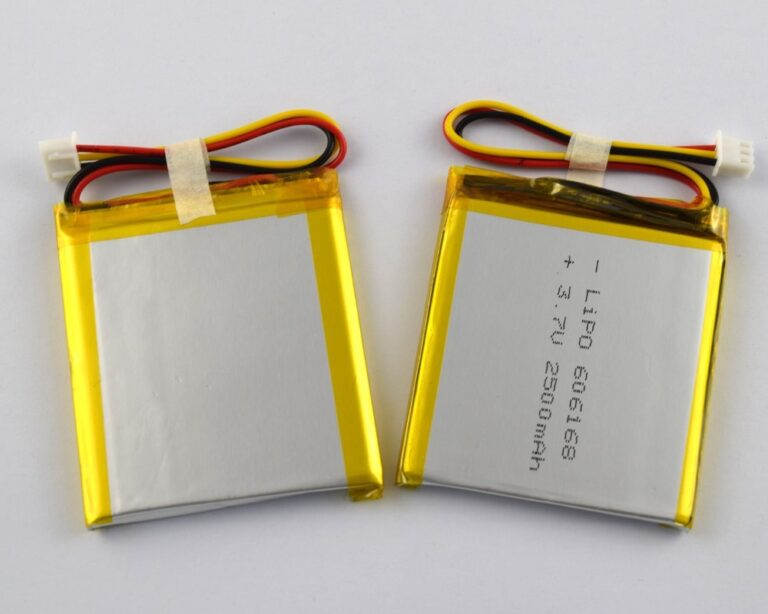In an era of sleek gadgets and space-constrained designs, traditional rectangular lithium batteries are no longer sufficient. Custom-shaped lithium batteries—including circular, arc, cylindrical, and other Alien (special-shaped) variants—are revolutionizing energy storage by adapting to unique form factors. This article explores their real-world applications, technical advantages, and why industries from healthcare to automotive are embracing these tailored solutions.
1. Wearable Technology: Ergonomic Power for Human-Centric Devices
- Circular Batteries: Miniature 8mm-diameter coin cells powering smartwatch crowns (e.g., Huawei Watch GT Cyber’s 120mAh circular battery) and wireless earbuds.
- Arc-Shaped Batteries: 0.3mm-thin flexible batteries conforming to curved wristbands, enabling next-gen foldable devices like Xiaomi’s Flex Band prototype.
- Advantages:
- Space Efficiency: Reduce device thickness by 40% compared to standard cells.
- Design Freedom: Enable seamless integration into bracelets, rings, and AR glasses.
2. Medical Devices: Lifesaving Energy in Compact Packages
- Custom Cylindrical Batteries: 2mm-diameter cells for insulin pumps (e.g., Medtronic’s MiniMed 780G) and neurostimulators.
- Arc-Shaped Implants: Lithium-ion batteries with 1.5mm profiles for pacemakers, designed to fit the human ribcage.
- Case Study:
- Boston Scientific’s Implantable Cardioverter-Defibrillator (ICD): Uses a custom 3D-printed arc battery to extend the device lifespan to 12 years while maintaining a 6mm thickness.
3. Automotive Electronics: Reliable Power for Harsh Environments
- Circular Lithium-Ion Packs: 18650 cylindrical cells arranged in honeycomb patterns for electric vehicle (EV) battery management systems (BMS).
- Arc-Shaped Backup Batteries: These 5mm-thick curved cells are used in automotive infotainment systems, ensuring stability during extreme temperature fluctuations (-40°C to 85°C).
- Technical Edge:
- Vibration Resistance: Custom shapes reduce internal stress, improving cycle life by 30% in EVs.
- Thermal Management: Optimized cooling channels prevent overheating in high-power applications.
4. Industrial IoT: Durable Energy for Remote Operations
- Rectangular Alien Batteries: Custom-sized 10mm-thick packs for solar-powered sensors in smart agriculture.
- Cylindrical Ruggedized Cells: IP67-rated batteries for offshore drilling equipment, withstanding 100m water pressure.
- Application Example:
- Siemens Smart Grid Sensors: These sensors use arc-shaped lithium-iron-phosphate (LiFePO4) batteries to monitor high-voltage lines in remote areas. They offer a 5-year lifespan under harsh conditions.
Future Trends: Materials and AI-Driven Design
- Graphene-Enhanced Alien Batteries: Thinner, lighter cells with 40% faster charging (e.g., Samsung’s 2024 prototype).
- AI-Powered Customization: Algorithms like Tesla’s Battery Design Tool predict performance for unique shapes.
- Sustainability Focus: Recyclable polymer-based alien batteries for eco-friendly wearables.
Conclusion
Custom-shaped lithium batteries are the unsung heroes of modern innovation, enabling slimmer wearables, life-saving medical devices, and smarter industrial systems. As material science and design tools advance, these alien solutions will redefine energy storage—proving that power can adapt to any form.





